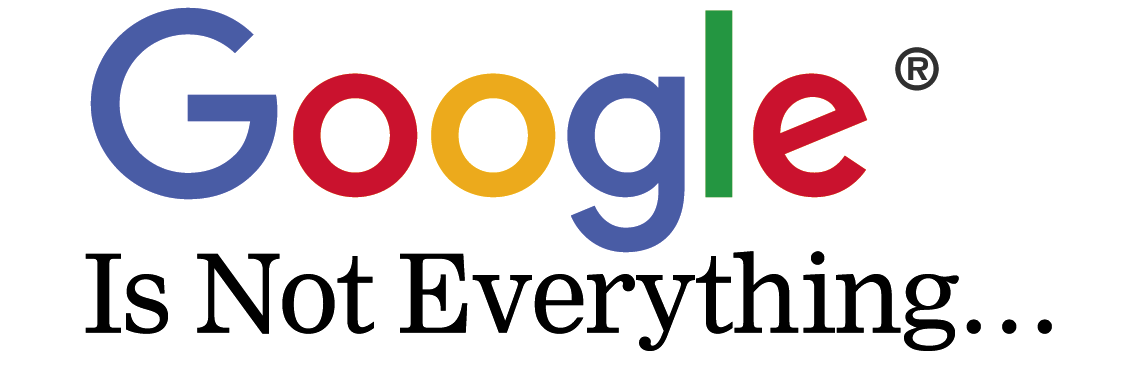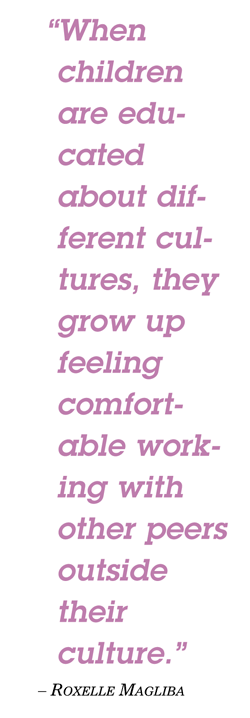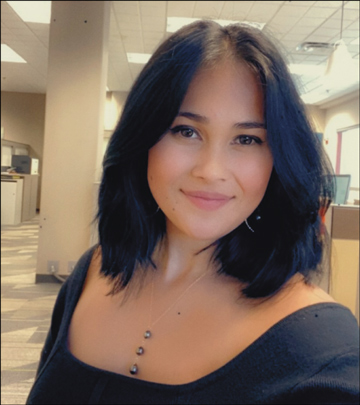
Cultural Appreciation
Jhanessty Vaye Bautista | Maui High School, Class of 2024
Maui High School student Roxelle Trisha Mae Magliba held the first Cultural Appreciation event at Kahului Elementary. Roxelle has been diligently working at this event since the spring of her Junior year as part of her senior Project. The event highlighted seven different cultural groups: Vietnamese, Hawaiian, Hispanic, Japanese, Samoan, Tongan and Filipino through cultural activities and performances.
In preparation for her event, Roxelle met with the leads of all the cultural groups on a monthly to weekly basis to organize her plans for the event and to assign different tasks she needed for the groups to complete. She outlined the event’s guidelines and even held decoration workshops with the groups.
Beyond that, Roxelle also organized the event details with the administration and staff at Kahului Elementary and find volunteers to help at the event. It was a crossover between Maui High and the elementary school, as many volunteers came from the various high school clubs. During the event, Roxelle oversaw all the different cultural performances, classrooms, and volunteers.

“My favorite memory of the event was seeing all the cultural groups shine in their classroom. I saw many lines and children being educated about the different cultures in Hawai‘i. I saw students holding their floating lanterns, showing them to their parents with a smile. I saw families come together as they built the Filipino parol. Moreover, I saw students wearing attire from their culture. It was truly a heartwarming sight where different cultures joined together to help the youth be more aware of Hawai‘i’s diversity,” she recounts.

“Spreading cultural awareness to our youth is important for their development and future,” Roxelle emphasizes. “When children are educated about different cultures, they grow up feeling comfortable working with other peers outside their culture. As a result, they build connections and friendships which can help prepare them for their future.”

Makana Kina, the lead for the Japanese cultural group, helped Roxelle create various decorations for their classroom and activity. She and her group also planned and performed their Obon dances during the event. A few helpers and performers alongside her included Aaron Omuro and Jacelyn Yun.
The three’s favorite memory of the event was having performers from the Filipino Cultural Club and students and teachers from Kahului Elementary join their Obon dance performance despite being their first time trying the dance. Beyond classroom education, the group taught the community about the traditional folk-dance commemorating and celebrating their ancestors.
They also highlight three reasons why spreading cultural awareness to our youth is so important. Makana and Jacelyn believe “spreading cultural awareness is important because it allows all of us to respect and appreciate different values of the cultures around us without judgment.” Aaron further builds on the point, saying, “It is important to know where you came from to know where you can go. The cultural part of people’s identity tends to go unnoticed, and learning about it creates more depth to their personality and character. It can also help them connect with people who are similar to them.”

Isabel Esparza Romo, the lead for the Hispanic cultural group, also helped Roxelle create drawings and a poster to welcome the community to a replica of Mexico. She also made paper flowers out of tissue paper as decorations for the classroom. Isabel’s favorite memory of the event was seeing the kids happy playing Lotería, Mexican bingo. She adds, “I feel it’s important to spread cultural awareness to our youth because it’s always good to learn something new about a different culture.”

Kau‘i Pridgen, the lead of the Hawaiian cultural group, helped Roxelle as she taught her group a hula and made posters related to Hawaiian culture. “I loved sharing the culture to the next generation and sharing my culture with other cultures, and for me, I loved that I got to see others experience the different cultures,” she says, explaining her favorite event memory. Furthermore, she adds, “I believe spreading cultural awareness is important to our youth because it gives the love and respect for their culture, and it also teaches people more about the history and traditions that we share.”
Lastly, I was one of the few leads who helped with the Filipino cultural group. As the event overlapped with the Filipino Cultural Club and its officers, we often offered advice and reassurances to Roxelle during the event’s planning stages. I helped choreograph and teach sixteen performers to dance the traditional folk dance of Tinikling, which represents Filipino rice farmers’ attempts to catch and prevent the Tikling bird from stealing ripe rice grains from the fields. During the dance, two people slide and tap the bamboo against each other while two others step in between the sticks.
My favorite memory of the event was teaching the dance to the high school and elementary students and teachers. When I first tried the dance, getting used to the rhythm of jumping in between the sticks was terrifying and challenging. After having had more experience, however, I was able to teach using little shortcuts I figured out through learning and choreographing the dance. Seeing the excitement of those I taught as they successfully went through the sticks was rewarding.
Although not every cultural group was highlighted in these interviews, Roxelle expresses her utmost gratitude to everyone who helped make this event come to life.
Per every point made through these interviews, cultural awareness is vital because we live in Hawai‘i. Hawai‘i is a unique place as so many different cultures reside throughout the smaller scale of communities compared to the mainland. Understanding and appreciating each culture and its values gives everyone a sense of belonging. Let us practice Pakikisama, which has no direct translation in English but is essentially the value of “getting along with others to preserve a harmonious relationship” and represents the bridge between the different cultures.
 Google® Is Not Everything is a monthly column authored by high school students. The title of the column emphasizes education is more than just googling a topic. Google® is a registered trademark. This month’s guest columnist is Jhanessty Vaye Bautista, a Senior at Maui High School. She is a President of Maui High’s Key Club, vice president of Maui High’s Filipino Cultural Club, Executive Secretary of Maui High’s Student Government, and a member of the National Honor Society and Creative Media Club. Jhanessty is in the ACOM Pathway at Maui High, focusing on graphic design and entrepreneurship. In her free time, she reads books of all genres, sketches outlines for her new graphics project, sings karaoke alone or with a group of her close family and friends, and loves anything involving the popular video game Minecraft Bee. She is the daughter of Vanessa and Jhon Boy Bautista.
Google® Is Not Everything is a monthly column authored by high school students. The title of the column emphasizes education is more than just googling a topic. Google® is a registered trademark. This month’s guest columnist is Jhanessty Vaye Bautista, a Senior at Maui High School. She is a President of Maui High’s Key Club, vice president of Maui High’s Filipino Cultural Club, Executive Secretary of Maui High’s Student Government, and a member of the National Honor Society and Creative Media Club. Jhanessty is in the ACOM Pathway at Maui High, focusing on graphic design and entrepreneurship. In her free time, she reads books of all genres, sketches outlines for her new graphics project, sings karaoke alone or with a group of her close family and friends, and loves anything involving the popular video game Minecraft Bee. She is the daughter of Vanessa and Jhon Boy Bautista.
